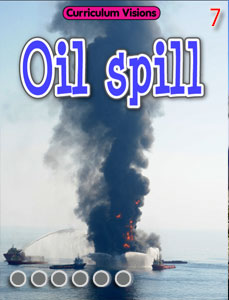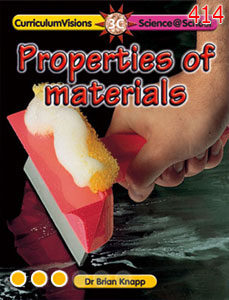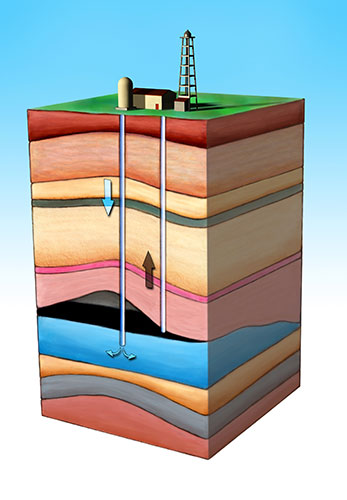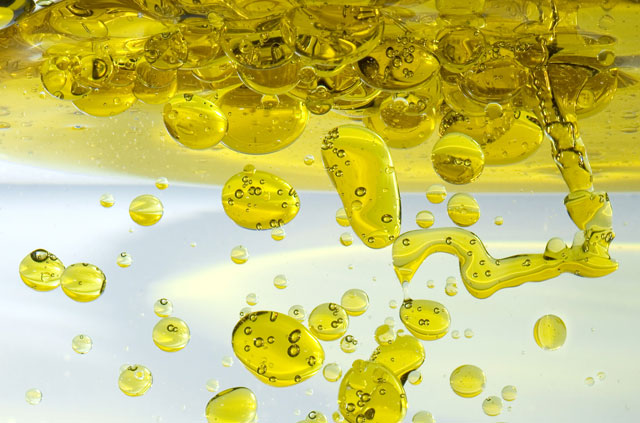Oil is a material made from plants and animals. A wide range of oils come from living plants and animals. The oil you cook with, such as olive oil or sunflower oil, comes from crushing fruits and seeds of plants. All of these are known as vegetable oils.
Oil is also recovered from animals. Certain parts of the body are rich in oils. The most famous, perhaps, is cod liver oil, but many fish are also known as 'oily fish', and can be used to extract animal oil. All of these are known as animal oils.
Oil is also obtained from rocks. This is called mineral oil. In this case, 'oil' is often used as a short word for petroleum. Petroleum means 'rock oil'. This is all of the oily material that formed naturally from the dead bodies of tiny organizms that lived in the sea over 200 million years ago.
When the organizms died they sank to the bottom of the sea but they became covered by sand and mud and their bodies did not rot away quickly. Instead they rotted slowly. Some of the materials made gases, others remained as oily liquids.
Eventually the sand and mud were turned into rock. But the oil and gas were able to move through the tiny holes in sandstone rock and they collected together in large patches which we now call oil and gas fields. Today oil companies often have to drill through many layers of rock to find the oil.
Some people think that oil is just used for making fuel, but this is not the case. Oil is a mixture of many chemicals. These can be separated and used to make a wide range of substances including liquid fuels of all kinds (for example, diesel fuel), gas for camping stoves, nourishment for growing plants, and even the tar for road surfaces. Large amounts are also used for making plastics.
Oils are less dense than water. Oils do not mix with water, either. This is why, in an oil spill, most oil spreads out on the surface. It is also why, at the end of an oil well's life, water can be pumped down the well to flush out remaining oil. It is also why you need to use something that will cause the oil to dissolve, such as washing up liquid when cleaning dishes, or detergent in a washing machine. Because oil does not mix with water it is called insoluble. The video below shows oil and water and the effect of washing up liquid.







